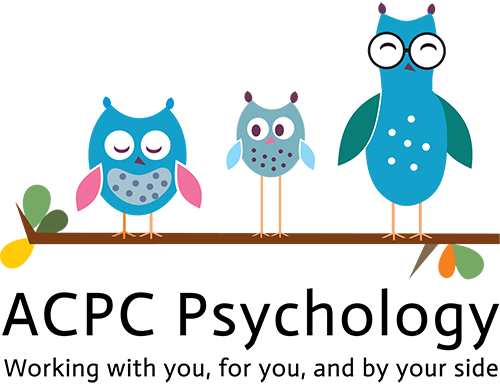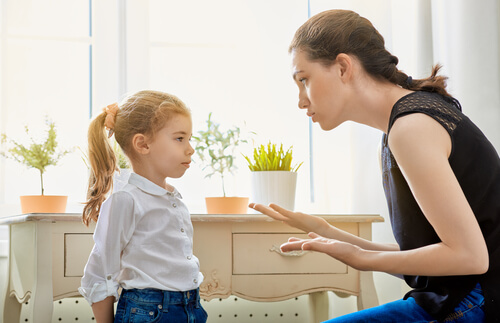Child Development And Technology: Kids on Social Media

We have to admit that the internet has quickly become the biggest influencer of our lives that we can no longer go on without it. We use it to communicate, manage businesses, access information and entertain ourselves with its massive amount of content. While it is true that the internet offers loads of advantages, we cannot discount the fact that it is also a gateway for many harmful data.
Nothing best symbolises the impact the world wide web has made to society than our implied dependence on social media sites. Whether we like it or not, Facebook will become an everyday part of our children's lives and there is no way on earth we can stop them from using it. With the emergence of smart phones and other hand-held gadgets, children can access these sites virtually from anywhere with a connection making it challenging for parents to monitor their every post. But challenging is not really impossible. Here are 5 ways to help you manage your child's internet and social media use:
1. Educate the child on proper internet use
Do not underestimate the capacity of children to learn things on their own. It may seem to be an amazing trait to have but it may also be dangerous especially if they get their information from misguided sources. Set them aside and tell them of the dangers of the internet up front. These dangers may be daunting for the kids to find out but it is best that they learn it from you than anyone or anywhere else.
2. Set the internet ground rules
Much like at home or in school, setting rules will help ensure that your children act appropriately on the internet. Associate everyday rules that they are already accustomed to to situations they may encounter online. You may, for example, reinforce the rule "Do not talk to strangers" that the child operates on everyday to help him decide whether to respond or not to a chat from someone he does not know. Set clear consequences for every time he will be caught and always check for understanding and commitment in upholding the rules.
3. Use filtering software
While you cannot personally check the sites that your child visits every time, you can invest on a much needed application to only permit access to online destinations you determine to be safe. Through this software, you can also learn about your child's internet habit and check sites that he or she frequents.
4. Limit gadget use at home
But do not simply take away the laptop or shut down the WiFi. Be sure to replace the void with enjoyable and interactive activities with your children. Know what sports or hobbies your kids are into and do it regularly with them. By setting a routine, your children will almost automatically put down the tablet on your next play date without having to be told.
5. Practice what you preach
You have to remember that children also learn through mimicking. So when you tell your child not to call people names online, you may want to do the same. Parents often find themselves in a bind whenever they call out a bad behavior and the child says "But Daddy did it too". Doing the opposite of what you say to your children will not only confuse them but will make enforcing the rules a lot harder.
Follow the ACPC Psychology BLOG for more tips on child rearing in the modern age.



